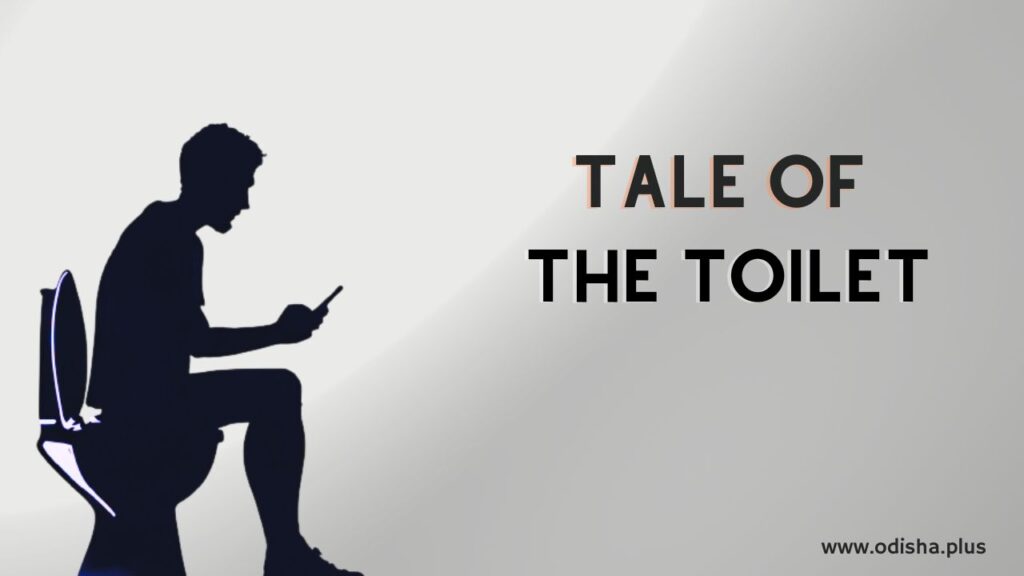Prof Mrinal Chatterjee
India presently has over 1.2 billion mobile phone users and 600 million smartphone users. It also has the largest number of people defecating in the open in the world.

As per a Unicef report, close to 594 million which is 48 percent of population in India practices open defecation. Meaning every second person in the country defecates in the open, and there are three mobile phones for every four Indians. That precisely means there are hundreds of thousands of people who own a mobile phone but defecate in the open.

With 44 per cent mothers disposing of their children’s faeces in the open, there is a very high risk of microbial contamination of water, which causes diarrhoea in children.
Although access to sanitation in rural India is improving, thanks to growing awareness and different Govt. schemes, the increase is not equitable. Open defecation is still almost universal among the poorest 20 percent of the population.
Now it is not only the question of money. Look at the use of mobile phones, or even television sets. It is actually the question of perceived utility. One thinks it is important and useful for him/her to own a mobile handset and use it rather than have a toilet and use it. This ‘use’ part warrants more attention.
Often toilets are there but they are not used. For various reasons. It teaches us a lesson: it is not enough to create the facility; care has to be taken to ensure that the facility is actually used for the purpose for which it has been created. There is no point in pouring in subsidies to build toilets which are used as store rooms or even an extra living room.
Using the toilet is a habit. It also requires peer and societal pressure. The sooner we help put that pressure – the better.
Sanitation is not just about having toilets. It is an issue that also concerns drinking water and health. Consider this: everyday people defecating in the open leave behind 1 lakh tones of excreta. This pollutes water sources leading to diseases. Unfortunately, the sanitation campaign has been reduced to a toilet construction drive, which ultimately fails to serve its main purpose.
Nobody forced people to use mobile phones. It happened because people found it to be useful. Peer pressure was also a factor. Let us hope by aggressively highlighting the positive and utilitarian aspect of having and using toilets does the same.
(The author is Regional Director Indian Institute of Mass Communication, IIMC Dhenkanal. Views are personal)



























